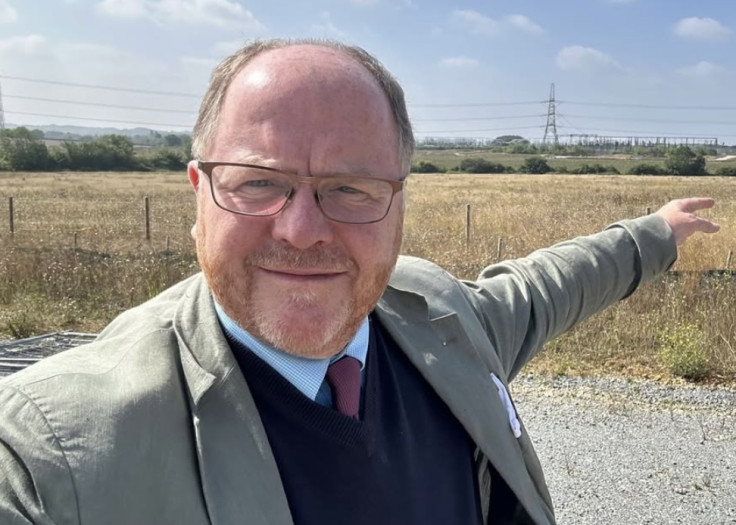AI Deepfake Sparks Political Panic After Falsely Showing Tory MP Defecting Ahead of Election

A chilling deepfake of Conservative MP George Freeman, fabricated to show him quitting the Tories for Reform UK, has set off alarm bells about how artificial intelligence could manipulate British elections.
The hyper-realistic video—complete with Freeman's face and voice—spread across X and TikTok before the MP confirmed it was fake and reported it to police.
The episode has fuelled growing concern that AI-generated political disinformation could distort democracy faster than truth can catch up.
False Defection Fuels Political Mayhem
The fake clip depicted Freeman accusing his party of having 'lost its way' and declaring 'the time for half measures is over.' It appeared credible in part because it emerged weeks after the genuine defection of MP Danny Kruger to Reform UK, a move that rattled Prime Minister Rishi Sunak's leadership and reignited Tory infighting.
The deepfake's timing was strategic: by exploiting an atmosphere of instability, it gave the illusion of a second high-profile walk-out, potentially swaying public opinion and energising fringe movements ahead of the next general election.
Freeman swiftly denounced the video, calling it a 'concerning and dangerous development' and warning that the surge in synthetic disinformation represents a "clear and present danger" to democratic accountability.
A Manufactured Crisis In The Age Of AI
Experts warn that Freeman's ordeal highlights a deeper vulnerability: in an age of generative AI, any public figure can be convincingly impersonated within hours. According to research by the Alan Turing Institute, deepfakes are increasingly being used to seed false narratives, from manipulated audio clips to entirely fabricated videos of politicians.
The Freeman incident marks Britain's most high-profile political deepfake to date, echoing similar cases abroad. In Slovakia's 2024 elections, for example, synthetic content falsely accused candidate Ivan Korčok of ties to communist secret police —a smear that spread faster than fact-checks could contain it.
Lawmakers Demand Urgent Safeguards
Westminster insiders are now urging urgent legislative and platform-level reforms. MPs on the Digital, Culture, Media and Sport Committee are expected to revisit proposals under the Online Safety Act, which currently lacks explicit provisions against AI-generated impersonations.
Cyber-security experts have also pressed Meta, TikTok, and X to deploy watermarking systems and provenance labelling for political content before the next election cycle. As one former government adviser put it: 'We are one viral fake away from an electoral crisis.'
The New Battle For Truth
Whether the Freeman deepfake was the work of a coordinated network or a lone hoaxer remains unclear. But its impact was immediate: confusion, anger, and a brief but real dent in public trust.
For voters, the incident is a stark reminder of how fast truth can fragment in the algorithmic age. As Freeman himself warned, democracies cannot function when citizens no longer know what—or who—to believe.
© Copyright IBTimes 2025. All rights reserved.




















